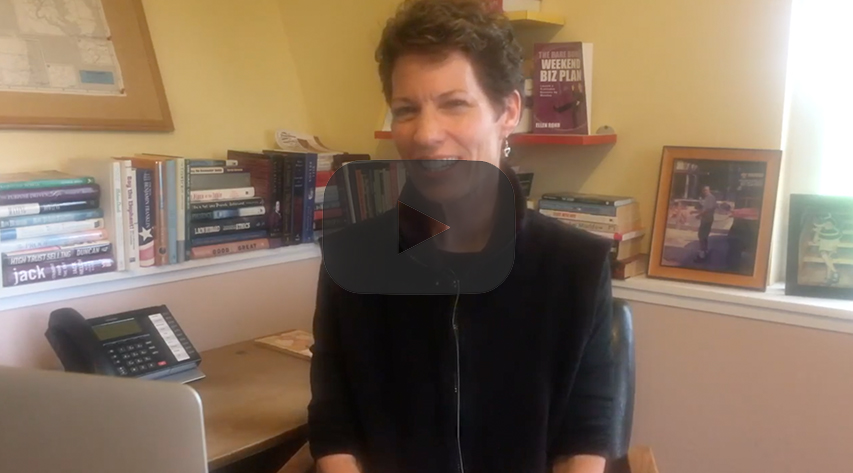 Greetings!
Greetings!
Got drama? Have you had it with complaining and blaming? Maybe even backstabbing? Every team goes through good times and bad times. However, there are thing you can do – and NOT do! – that will help you and your team live in peace, harmony and productivity. It comes down to leadership.
My pal Marlene Chism – author of Stop the Drama – was kind enough to share a blog with us. Ready to become a No-Drama Leader? Just in time for Small Business Week. Read on!
No-Drama Leaders are Strategic Communicators
By Marlene Chism
What do these things have in common?
- You hired a star employee with excellent skills but the employee doesn’t play well with others.
- A misunderstanding with a top client resulted in lost business.
- You lost the sale because you made assumptions about the other stakeholder’s values.
- You are caught off guard because your managers didn’t keep you in the loop.
- Your family business suffers because no one wants to admit where the real problems are.
 All of these workplace drama issues are tied together with a common theme: poor communication.. Communication skills are commonly referred to as “soft skills.” Soft has come to mean “touchy-feely” rather than critical for business success.
All of these workplace drama issues are tied together with a common theme: poor communication.. Communication skills are commonly referred to as “soft skills.” Soft has come to mean “touchy-feely” rather than critical for business success.
In my new book, No-Drama Leadership there is an entire chapter about communication and why we should see communication as a strategy rather than just a soft skill. Soft skills are about getting along and being liked, while strategy is about the longer view rather than short term fix, which is always about avoiding discomfort. A common example is when managers, (or owners) avoid honest dialogues with their employees. The reasons are many: fear of hurting feelings, the person has seniority; today is the company picnic; and the culture simply doesn’t support speaking the truth.
The problem is, fifteen years later someone else inherits the problem! I often tell my corporate clients that the conversation you avoid today can be the lawsuit fifteen years later.
It’s interesting that these same problems occur in small businesses where the owner gets to make the ultimate decisions about who stays, who goes, and what kind of culture they want to create. Short term fixes create long-term problems. Ready to take a more strategic view?
Notice what happens when you change your definition of communication from a “soft skill” to a strategic skill. Now you start to notice all the ways a higher level of communication could help you achieve your end result!
It’s more strategic to:
- Speak the truth rather than tell people only what they want to hear.
- Give honest feedback to an employee whose performance is suffering.
- Ask for what you than to complain about what you don’t want.
- Set a boundary than to let others get by with inappropriate behavior.
- Say “no” and mean it than to say “yes” and not mean it.
- Keep everyone in the loop versus hoarding information.
- Keep your word than rely on excuses why you couldn’t.
- Inspire with vision than force by threat.
- Be respectful than resort to sarcasm or embarrassment to make your point.
Communication is a critical skill necessary for building business relationships, negotiating, selling, and gaining collaboration with others.
It takes a lot of work and a commitment to awareness and personal growth to become a more strategic communicator. In fact, it may be a lifelong journey. What is the payoff? In your leadership role, you will constantly work with people who communicate poorly; are less aware of their emotions; and who are very short sighted, impatient, self-serving and less than articulate. Doesn’t it make sense strategically to build a personal brand as one who is more aware, more capable, more articulate, and more strategic? Becoming a strategic communicator can transform both your personal life and your business.
















